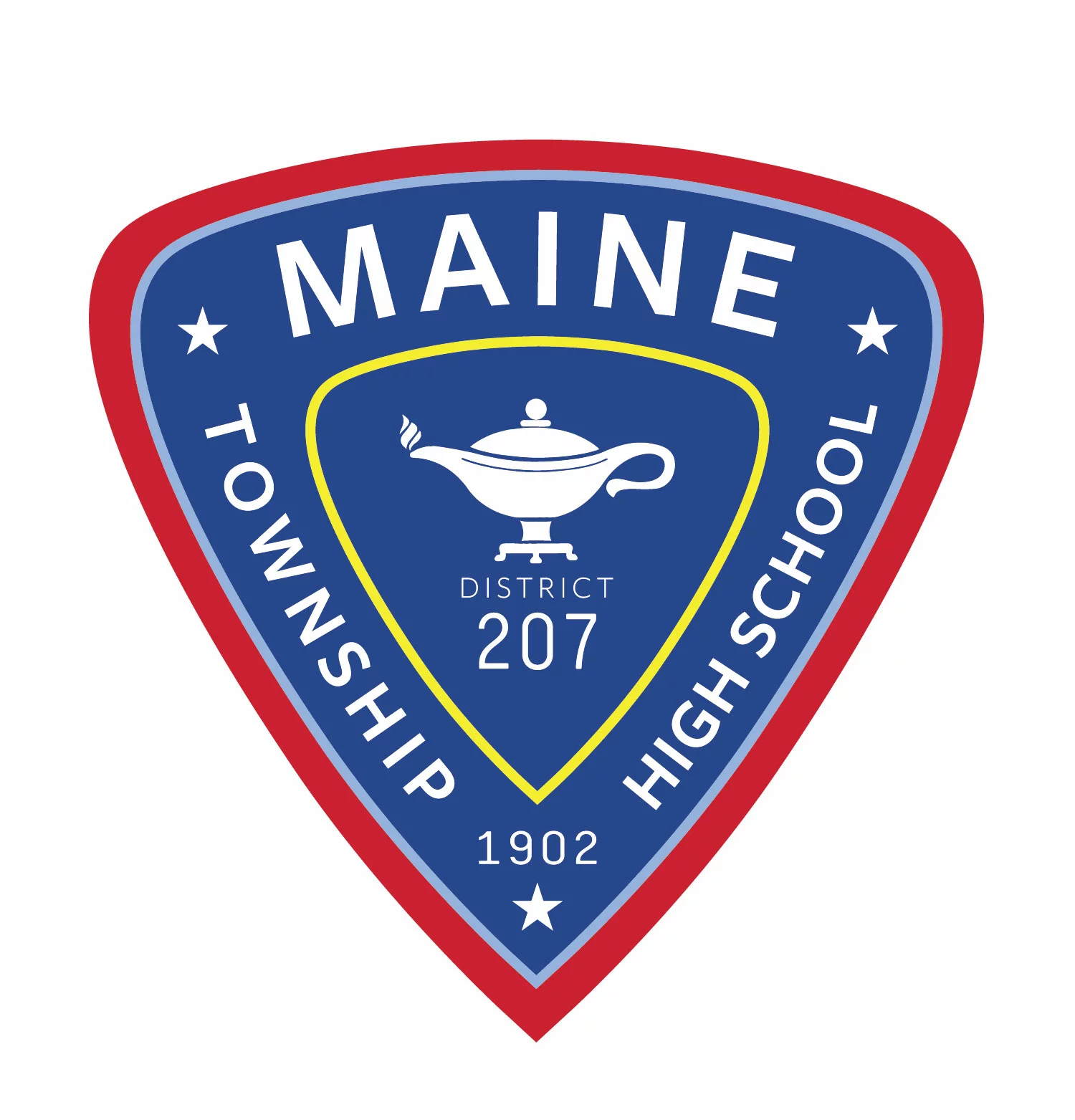COMPETENCIES
The Fostering Growth and Well Being pathway includes adult learning competencies that focus on developing students’ social and emotional skills.
This pathway focuses on learning how to embed the development of social and emotional skills in curriculum, instruction and school programs.

I can empower learners to cultivate self-awareness: the ability to accurately recognize one’s own emotions, thoughts, and values and how they influence behavior and assess one’s strengths and limitations, with a well-grounded sense of confidence, optimism, and a “growth mindset.”
See Alignments BelowI can empower learners to cultivate self-management: the ability to successfully regulate one’s emotions, thoughts, and behaviors in different situations, motivate oneself to set and achieve goals, stay organized, and effectively manage stress.
See Alignments BelowI can facilitate learning that inspires social awareness: the ability to take the perspective of and empathize with others, including those from diverse backgrounds and cultures, and to understand social and ethical norms for behavior and to recognize family, school, and community resources and supports.
See Alignments BelowI can facilitate learning that promotes the development of relationship skills: the ability to establish and maintain healthy and rewarding relationships with diverse individuals and groups and to communicate clearly, listen well, cooperate with others, resist inappropriate social pressure, negotiate conflict constructively, and seek and offer help when needed.
See Alignments BelowI can foster learning environments for responsible decision-making: the ability to make constructive choices about personal, behavioral, and social interactions based on ethical standards, safety concerns, and social norms; realistic evaluation of consequences of various actions; and a consideration of the well-being of oneself and others.
See Alignments BelowALIGNMENTS
Vision
Learner inquires about and questions content at a deep and personal level.
Learning progressions are based on student interest and are adapted to meet individual student needs.
Learners can articulate their personal learning journey using routine reflective practices
Foundational learning outcomes have broad application across multiple disciplines and are clearly connected to essential skills required for success in life.
The school culture acknowledges the wants, needs, and goals of individuals and systemically supports their pursuit.
The school culture supports the belief that learning occurs in a multitude of settings and through a multitude of modalities that are centered around the preferences of students.
Failure is accepted as a necessary part of the learning process.
Learning is a social activity.
The school culture fosters a sense of belonging and acceptance.
Areas of Focus
Framework for Professional Practice
Demonstrating Flexibility and Responsiveness
Showing Professionalism
Growing and Developing Professionally
Participating in the Professional Community
Reflecting on Teaching and Practice
Managing Student Behavior
Creating an Environment of Respect and Rapport
Maintaining Accurate Records to Support communication with families
Managing routines, procedures and physical space
Using Questioning and Discussion Techniques
Demonstrating Knowledge of Students
Using Assessment in Instruction/Practice
Designing Assessments
Demonstrating Knowledge of Resources
Demonstrating Knowledge of Content and Pedagogy
Engaging Students
Communicating with Students
Establishing a Culture and Climate for Learning
Designing Coherent Instruction/Services
Setting goals and outcomes
Vision
Learner inquires about and questions content at a deep and personal level.
Learning progressions are based on student interest and are adapted to meet individual student needs.
Learners can articulate their personal learning journey using routine reflective practices
Foundational learning outcomes have broad application across multiple disciplines and are clearly connected to essential skills required for success in life.
The school culture acknowledges the wants, needs, and goals of individuals and systemically supports their pursuit.
The school culture supports the belief that learning occurs in a multitude of settings and through a multitude of modalities that are centered around the preferences of students.
Failure is accepted as a necessary part of the learning process.
Learning is a social activity.
The school culture fosters a sense of belonging and acceptance.
Areas of Focus
Framework for Professional Practice
Demonstrating Flexibility and Responsiveness
Showing Professionalism
Growing and Developing Professionally
Participating in the Professional Community
Reflecting on Teaching and Practice
Managing Student Behavior
Creating an Environment of Respect and Rapport
Maintaining Accurate Records to Support communication with families
Managing routines, procedures and physical space
Using Questioning and Discussion Techniques
Demonstrating Knowledge of Students
Using Assessment in Instruction/Practice
Designing Assessments
Demonstrating Knowledge of Resources
Demonstrating Knowledge of Content and Pedagogy
Engaging Students
Communicating with Students
Establishing a Culture and Climate for Learning
Designing Coherent Instruction/Services
Setting goals and outcomes
Vision
Learner inquires about and questions content at a deep and personal level.
Learning progressions are based on student interest and are adapted to meet individual student needs.
Learners can articulate their personal learning journey using routine reflective practices
Foundational learning outcomes have broad application across multiple disciplines and are clearly connected to essential skills required for success in life.
The school culture acknowledges the wants, needs, and goals of individuals and systemically supports their pursuit.
The school culture supports the belief that learning occurs in a multitude of settings and through a multitude of modalities that are centered around the preferences of students.
Failure is accepted as a necessary part of the learning process.
Learning is a social activity.
The school culture fosters a sense of belonging and acceptance.
Areas of Focus
Framework for Professional Practice
Demonstrating Flexibility and Responsiveness
Showing Professionalism
Growing and Developing Professionally
Participating in the Professional Community
Reflecting on Teaching and Practice
Managing Student Behavior
Creating an Environment of Respect and Rapport
Maintaining Accurate Records to Support communication with families
Managing routines, procedures and physical space
Using Questioning and Discussion Techniques
Demonstrating Knowledge of Students
Using Assessment in Instruction/Practice
Designing Assessments
Demonstrating Knowledge of Resources
Demonstrating Knowledge of Content and Pedagogy
Engaging Students
Communicating with Students
Establishing a Culture and Climate for Learning
Designing Coherent Instruction/Services
Setting goals and outcomes
Vision
Learner inquires about and questions content at a deep and personal level.
Learning progressions are based on student interest and are adapted to meet individual student needs.
Learners can articulate their personal learning journey using routine reflective practices
Foundational learning outcomes have broad application across multiple disciplines and are clearly connected to essential skills required for success in life.
The school culture acknowledges the wants, needs, and goals of individuals and systemically supports their pursuit.
The school culture supports the belief that learning occurs in a multitude of settings and through a multitude of modalities that are centered around the preferences of students.
Failure is accepted as a necessary part of the learning process.
Learning is a social activity.
The school culture fosters a sense of belonging and acceptance.
Areas of Focus
Framework for Professional Practice
Demonstrating Flexibility and Responsiveness
Showing Professionalism
Growing and Developing Professionally
Participating in the Professional Community
Reflecting on Teaching and Practice
Managing Student Behavior
Creating an Environment of Respect and Rapport
Maintaining Accurate Records to Support communication with families
Managing routines, procedures and physical space
Using Questioning and Discussion Techniques
Demonstrating Knowledge of Students
Using Assessment in Instruction/Practice
Designing Assessments
Demonstrating Knowledge of Resources
Demonstrating Knowledge of Content and Pedagogy
Engaging Students
Communicating with Students
Establishing a Culture and Climate for Learning
Designing Coherent Instruction/Services
Setting goals and outcomes
Vision
Learner inquires about and questions content at a deep and personal level.
Learning progressions are based on student interest and are adapted to meet individual student needs.
Learners can articulate their personal learning journey using routine reflective practices
Foundational learning outcomes have broad application across multiple disciplines and are clearly connected to essential skills required for success in life.
The school culture acknowledges the wants, needs, and goals of individuals and systemically supports their pursuit.
The school culture supports the belief that learning occurs in a multitude of settings and through a multitude of modalities that are centered around the preferences of students.
Failure is accepted as a necessary part of the learning process.
Learning is a social activity.
The school culture fosters a sense of belonging and acceptance.
Areas of Focus
Framework for Professional Practice
Demonstrating Flexibility and Responsiveness
Showing Professionalism
Growing and Developing Professionally
Participating in the Professional Community
Reflecting on Teaching and Practice
Managing Student Behavior
Creating an Environment of Respect and Rapport
Maintaining Accurate Records to Support communication with families
Managing routines, procedures and physical space
Using Questioning and Discussion Techniques
Demonstrating Knowledge of Students
Using Assessment in Instruction/Practice
Designing Assessments
Demonstrating Knowledge of Resources
Demonstrating Knowledge of Content and Pedagogy
Engaging Students
Communicating with Students
Establishing a Culture and Climate for Learning
Designing Coherent Instruction/Services
Setting goals and outcomes
